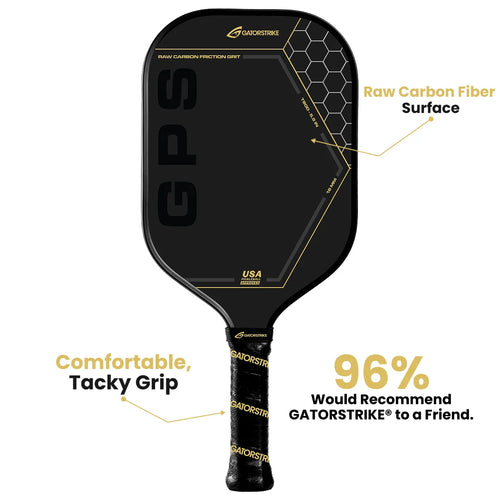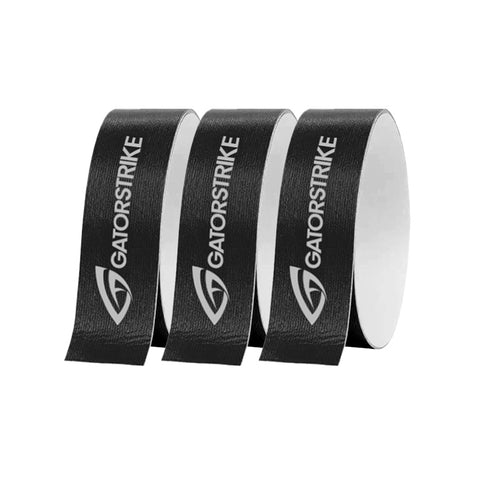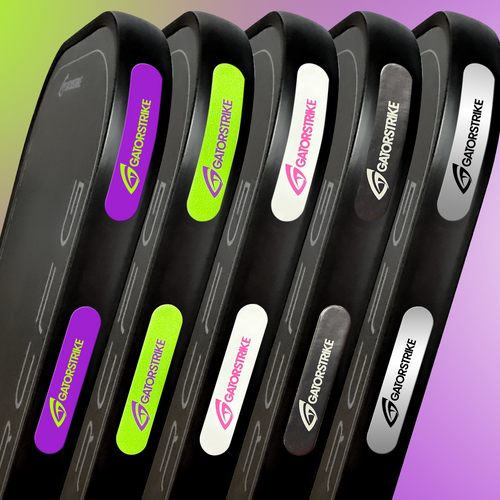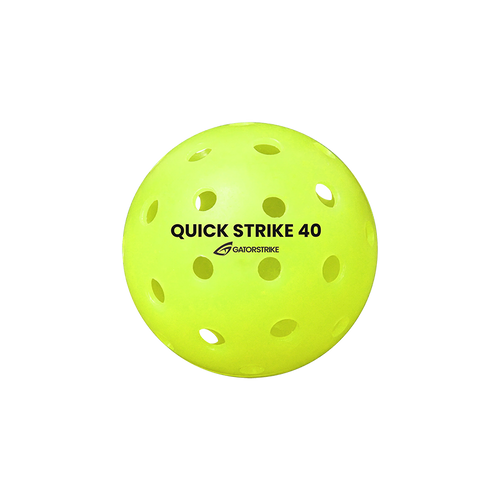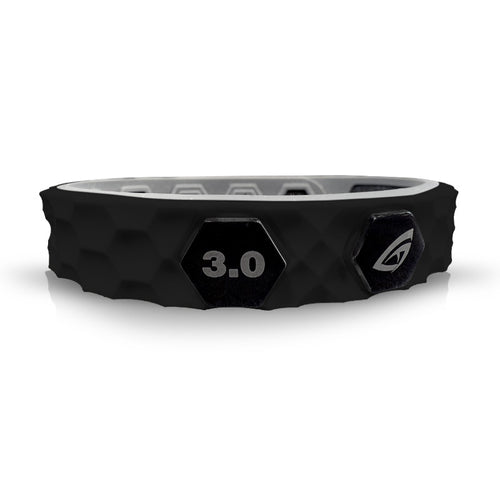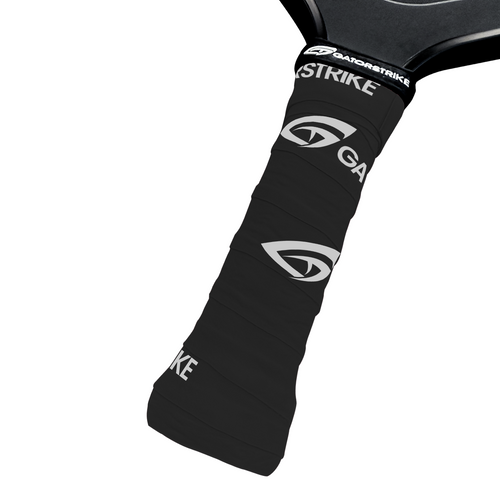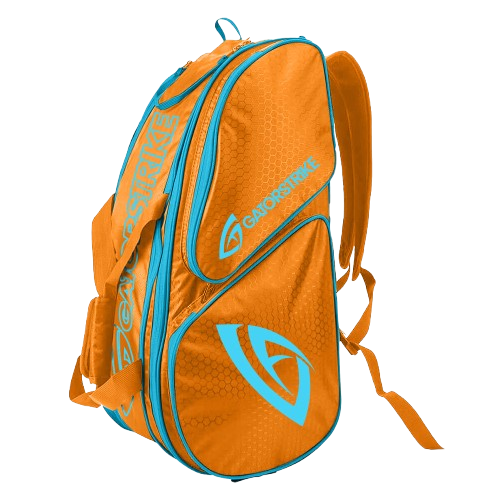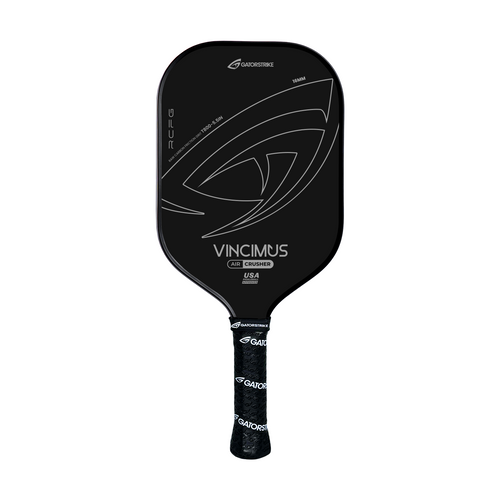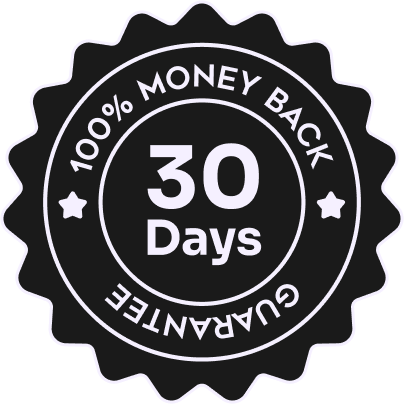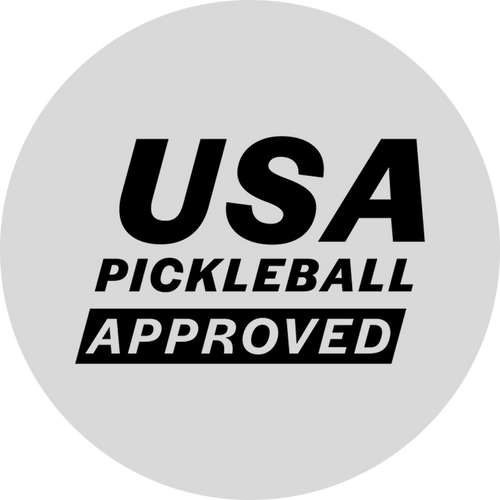
Mental Toughness in Pickleball: Strategies to Stay Focused Under Pressure
Share
Pickleball is as much a mental game as it is a physical one. While speed, agility, and precision are crucial, your ability to maintain focus and composure under pressure can be the deciding factor between victory and defeat. Whether you're battling in a high-stakes tournament or simply striving to outplay a formidable opponent at your local court, mental toughness can elevate your performance. Let’s explore proven strategies to fortify your mindset, stay composed under pressure, and develop unshakable focus.
Understanding Mental Toughness in Pickleball
Mental toughness refers to a player’s ability to remain resilient, focused, and confident despite adversity. It’s the capacity to maintain a strong psychological state regardless of external factors—be it a bad call, an aggressive opponent, or a crucial point in a tight match.
When nerves take over, decision-making falters, footwork stiffens, and unforced errors pile up. The strongest players know how to reset, refocus, and deliver their best shots even in high-pressure moments. Developing this skill takes intentional effort, but the results are game-changing.
Strategies to Strengthen Your Mental Game
1. Control Your Breathing to Stay Grounded
Deep, controlled breathing is one of the simplest yet most effective tools for calming the mind and sharpening focus. Under pressure, shallow breathing triggers tension, affecting reaction time and precision. Instead, practice diaphragmatic breathing (deep belly breathing) between points. Inhale deeply for four seconds, hold for two, then exhale slowly for six seconds. This technique lowers stress levels, promotes relaxation, and keeps your mind clear.
2. Develop a Pre-Point Routine
Repetitive, intentional rituals before each serve or return help anchor your focus and eliminate distractions. Many elite players use pre-point routines to reset mentally before every rally. This could involve bouncing the ball a set number of times, adjusting your grip, or taking a deep breath before stepping into position. These small actions create a psychological reset button, allowing you to stay present and avoid dwelling on past mistakes.
3. Embrace the "Next-Point" Mindset
One of the biggest pitfalls in pickleball is lingering on previous errors. A missed shot, a poorly executed drop, or a bad call can derail confidence—unless you train yourself to move on instantly. The best players adopt a "next-point" mentality: they acknowledge the mistake, let it go, and refocus on what’s ahead. A useful tactic is to use short affirmations like “Reset” or “Next!” to keep your mind forward-focused.
4. Use Visualization Techniques
Mental imagery is a powerful performance enhancer. Before a match—or even between points—visualize yourself executing perfect third-shot drops, winning dinks, or confidently returning a powerful drive. By mentally rehearsing success, you prime your brain to replicate those actions in real time. Professional athletes swear by visualization drills, as they improve confidence, reaction speed, and overall composure under pressure.
5. Master Self-Talk for Positivity and Confidence
The dialogue in your mind shapes your performance. Negative self-talk (“I always mess up my serves,” “I can’t handle fast-paced rallies”) can become a self-fulfilling prophecy. Instead, cultivate a habit of positive, constructive self-talk. Replace doubt with empowering phrases like:
- “I am in control of this point.”
- “Stay calm and play smart.”
- “I’ve trained for this moment—I got this.”
By feeding your mind with encouragement instead of criticism, you maintain confidence and resilience, even in high-pressure situations.
6. Build Mental Endurance with Pressure Drills
Training under pressure conditions mimics real-match intensity, making competitive scenarios feel familiar and manageable. Incorporate high-stakes drills into your practice, such as:
- Consequence Rallies: Play points where mistakes lead to a penalty (e.g., running an extra lap).
- Score-Specific Drills: Start a practice match at 9-9 to simulate endgame pressure.
- Time-Limited Play: Set a goal to win a certain number of points within a time frame.
By regularly exposing yourself to pressure in training, you develop resilience and improve performance in real matches.
7. Stay Present and Avoid Overthinking
Overanalyzing every shot or worrying about the outcome can paralyze decision-making. Instead, focus on the present moment—watch the ball, anticipate your opponent’s next move, and react instinctively. One effective technique is the “see-ball, hit-ball” approach, where you train yourself to focus solely on the ball’s movement and trajectory rather than getting lost in complex strategy mid-rally.
Final Thoughts
Mental toughness is a skill that separates good players from great ones. By mastering your breathing, developing routines, using positive self-talk, and embracing a next-point mindset, you gain the psychological edge needed to thrive under pressure. Whether you're playing for fun or competing at a high level, strengthening your mental game will unlock new levels of confidence and consistency.
So next time you step onto the court, remember: the most powerful tool in your arsenal isn’t just your paddle—it’s your mindset. Stay focused, stay resilient, and let your mental game propel you to victory!
